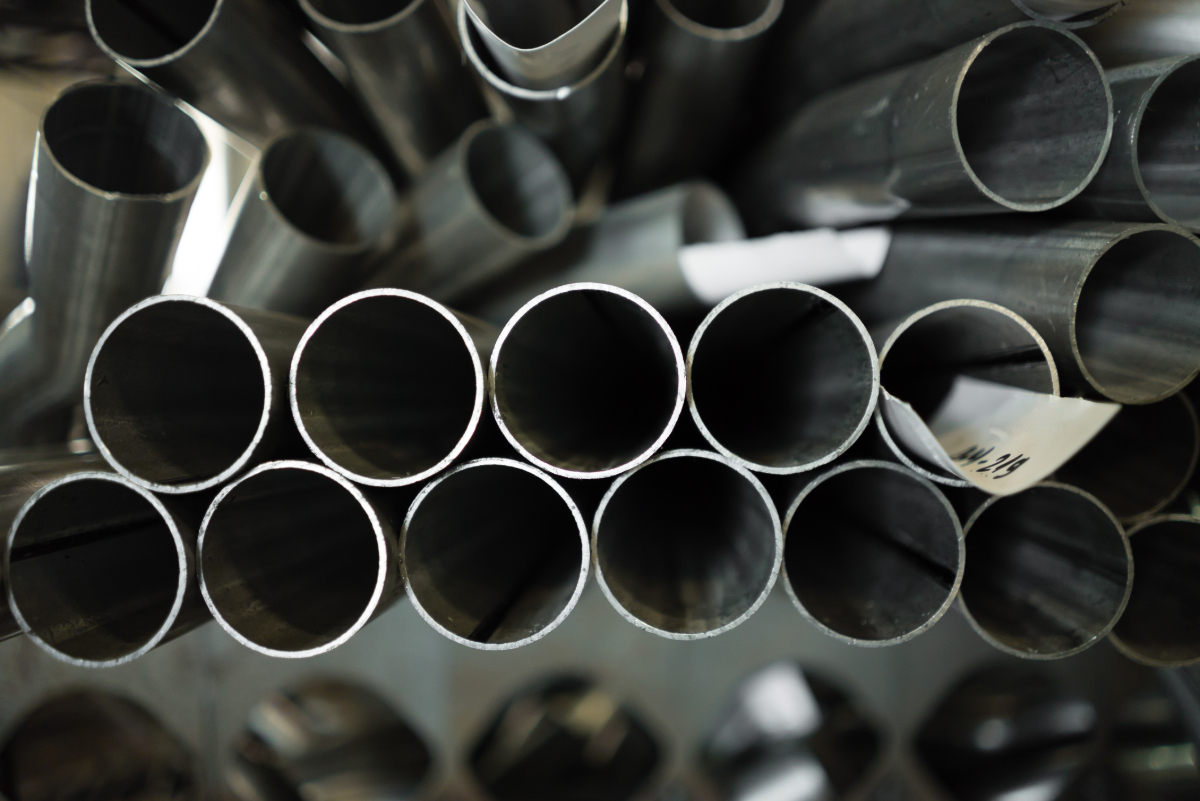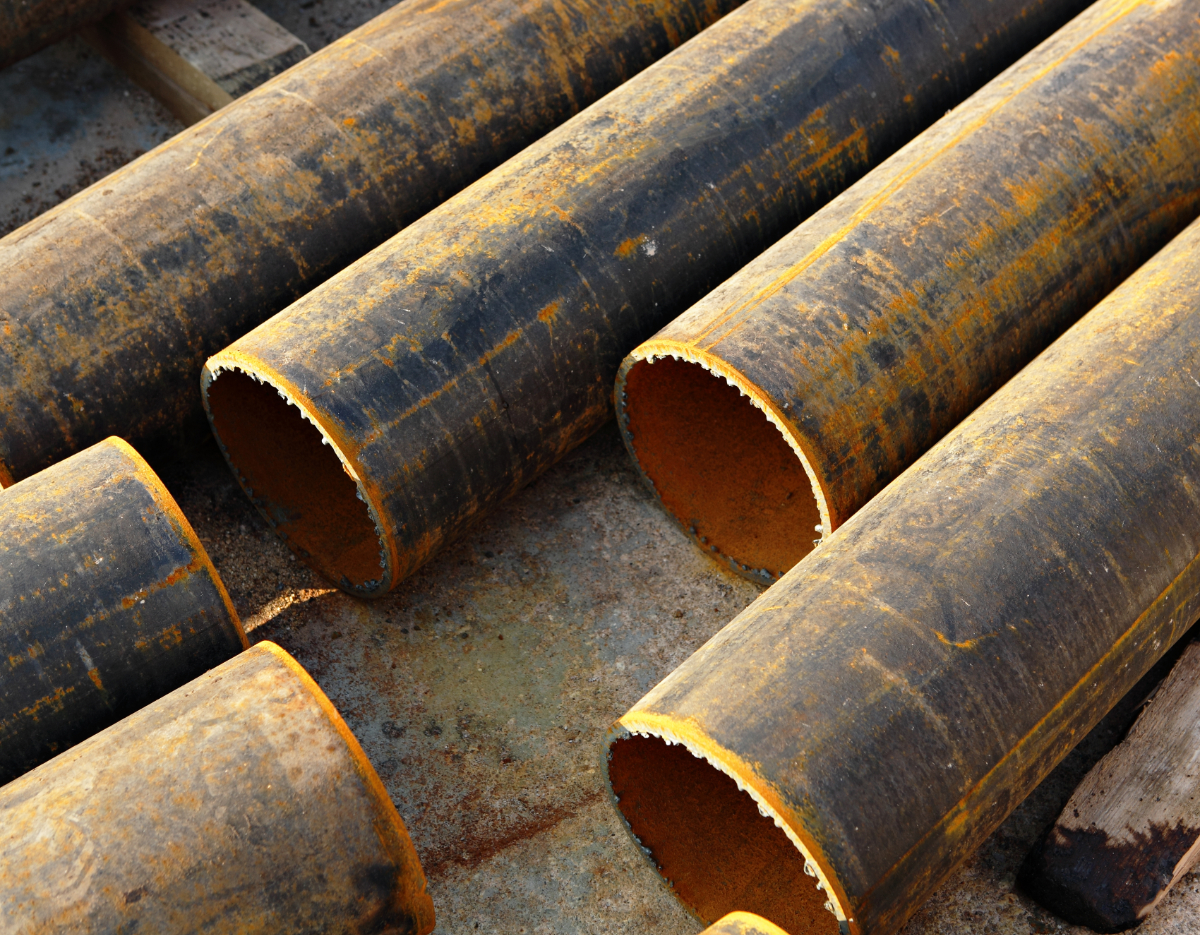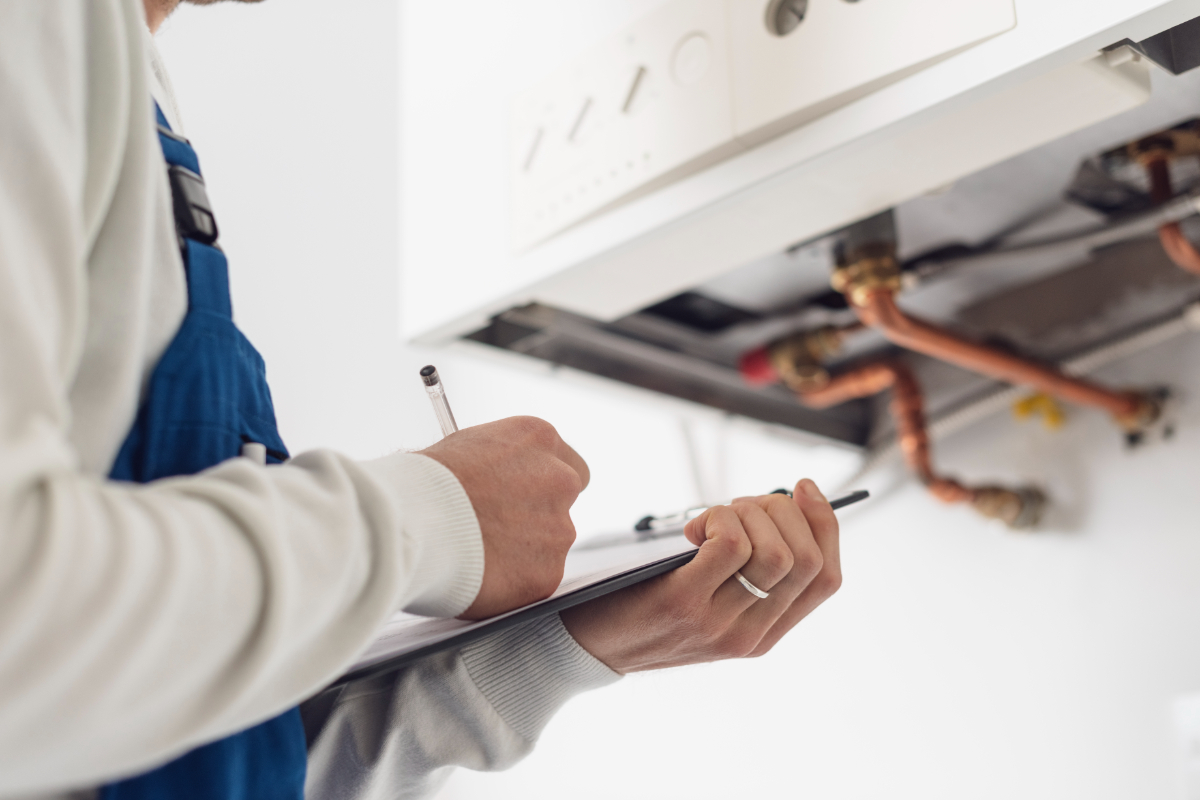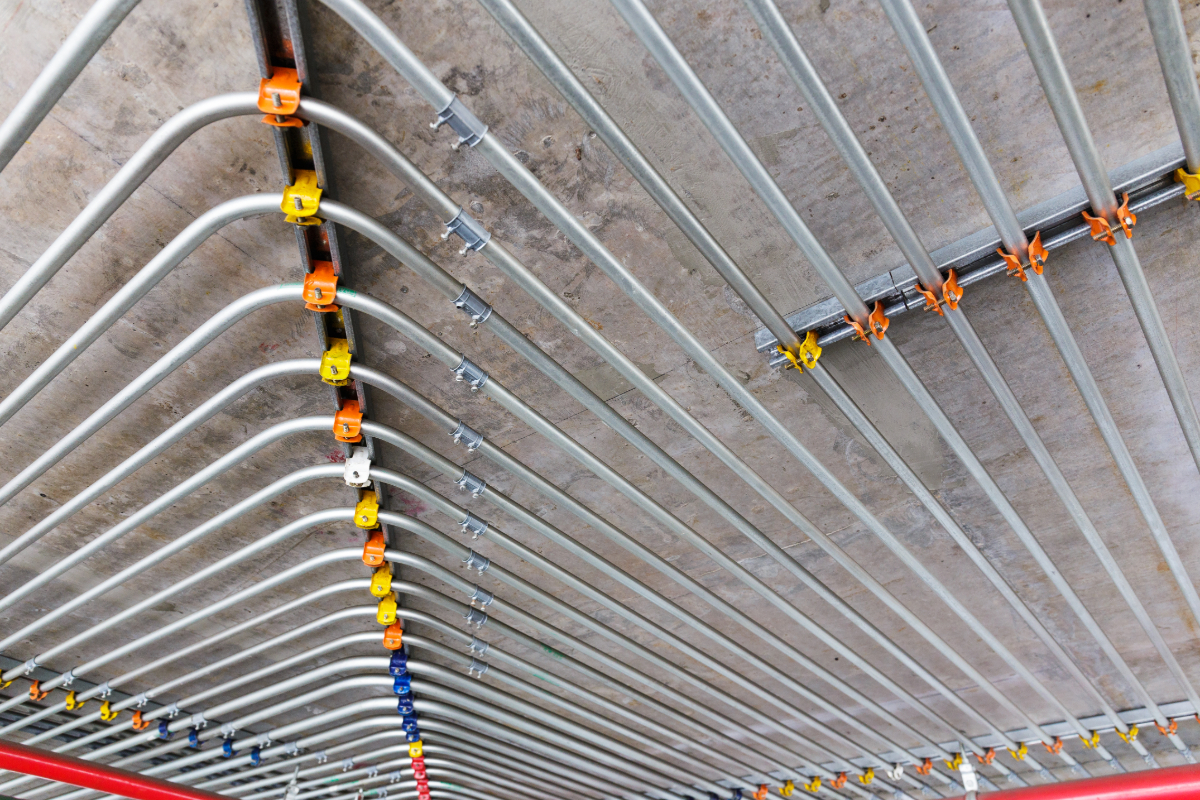
How Can I Make My Pipes Last Longer?
How can I make my pipes last longer?
- Avoid using chemical cleaners
- Watch what you put in your drains and toilet
- Don’t ignore leaks and cracks
- Have your pipes cleaned and inspected regularly
- Check your water pressure
- Install high-performance pipes
Your pipes are one of the most important parts of your property. They work 24/7 to provide water and remove waste from different parts of your building or home. Because they work endlessly, know that the pipes of your plumbing system won’t last forever, and even those made with the best material will eventually fail. So many people wonder: how can I make my pipes last longer?
Though your pipes will eventually need replacement, there are some tricks that you can use to make them last longer and reduce the risk of costly repairs.
How Long Should My Pipes Last?
To put it simply: there is no definite answer to this question. Several variables go into a pipe’s lifespan — the material, function, positioning, and so on.
Depending on what pipes you choose for your property, and how you choose to use them, there will be different estimates for how long they could potentially last.
Make sure to consult with your supplier on the best pipes for your application and their expected lifespan for maintenance measures.
Avoid Using Chemical Cleaners
Regular cleaning is important — but you should avoid using chemical products on your pipes. While commercial drain and pipe cleaners can be fast-acting in some cases, they contain harsh chemicals that slowly eat at your pipe walls.
Worse, some chemical cleaners can be ineffective for clearing clogs and other dirt in your pipes. As a result, the chemicals become trapped and sit in your pipes on top of the blockage. This can worsen the backup and cause serious damage.
Watch What You Put in Your Drains and Toilet

Unfortunately, many people ignore the extra pressures they may be putting on their pipes due to bad habits. It’s common for people to flush down hygiene products, toilet paper, hair, baby wipes, grease, food, and other things down their toilets and drains.
Like harsh chemicals, these things do not dissolve easily in water. Some substances — like grease — can even stick to your pipe walls. These will sit in your pipes for weeks and can cause extensive blockages. If you do not address the problem, your pipes can eventually become blocked, and even burst under the pressure and material buildup.
Don’t Ignore Leaks and Cracks
Leaks and cracks in your pipes are always a sign of trouble, no matter how small or insignificant they seem. You shouldn’t ignore any leaks that you find. Over time, these small leaks can grow and cause even more damage to your pipes. Plus, these may also lead to a significant increase in water bills and repair fees.
Leaks can also be a sign of more significant damage elsewhere in your plumbing system due to high water pressure, blockages, pipe corrosion, and other pipe problems. So, if you see a leak, it might be time to call for a full pipe inspection on top of repairs.
Have Your Pipes Cleaned and Inspected Regularly

Having your pipes inspected and maintained significantly increases the lifespan of your plumbing. On top of good care practices, regular cleaning, and timely repairs, you should also have your pipes inspected every year or so.
Since your pipes are hidden under soil or behind your walls, it can be difficult to pinpoint problems until they show significant damage to your property (such as moldy floors, uneven lawns, and leaky walls).
In these cases, extensive water damage has already taken place. Avoid the chances of expensive utility costs, extensive repairs, and potential property loss by having regular pipe inspections. Doing so will alert you to pipe issues before they snowball into bigger problems.
Check Your Water Pressure
Water pressure is also a good indicator of the health of your pipes. While you want strong water pressure, too much pressure may be a sign of problems with your water heater. This can put unnecessary strain on your pipes, which causes cracks and wear.
Conversely, low water pressure points to blockages due to debris, tree roots, rust, and other problems with your plumbing. To prevent any pipe damage caused by changing water pressure, monitor and adjust your home’s water pressure when required.
Install High-Performance Pipes

The best way to ensure your pipes last long is to choose high-performance pipes. Sourcing well-made, sturdy, and quality pipes will make sure you get the most out of your investment and supply your property with pipes that will perform well for decades.
Supreme Steel is the leading supplier of top-grade black iron, steel, and galvanized pipes in the Philippines. Our products are made with innovative technology and reliable methods. As a result, our pipes can be utilized in a multitude of applications — from commercial buildings to water supply lines, and more. Our products withstand the test of time and various environmental hazards, ensuring the best return on your investment.
Key Takeaway
If you’re wondering “how can I make my pipes last longer?” then follow our six tips to ensure your plumbing systems continue to deliver till the end of their lifespan. If your pipes have reached the end of their life, or you need to replace your plumbing system components, then get in touch with Supreme Pipe. Contact us today, and we’ll help you find the right pipes to upgrade your system’s lifespan.


